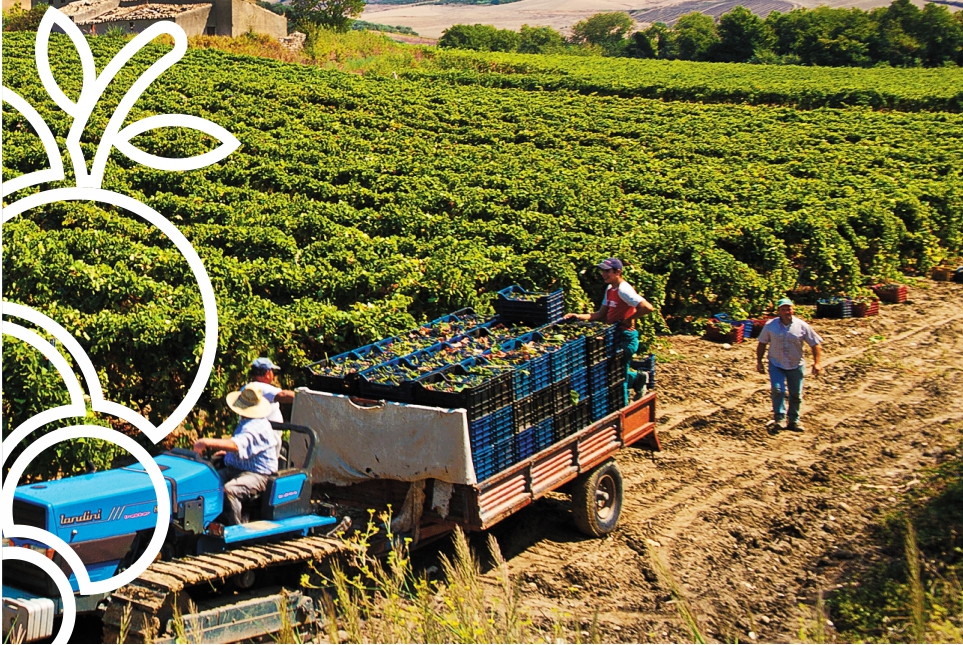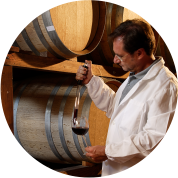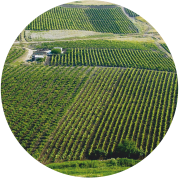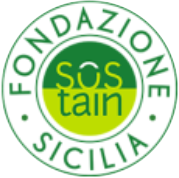Story of a
Great Passion
The Principe di Corleone wines are masterpieces in bottle,
they express the great Sicilian wine tradition that the
Pollara family wants to transmit to Italy and abroad.
The are unique and unmistakable wines, synonymous
with elegance, obtained native and international grapes
from grown in this generous land.
The continous pursuit of excellence makes our adventure
unique and represents an important value that makes
the Principe di Corleone wines famous and distinguished
wordwide.

Principe di Corleone: Family Essence


Family business
for 4 generations
For four generations, the Pollara family has been pursuing a Mission: representing the artisan excellence of Sicilian wine in the world, while remaining a family business whose aim is that of respecting the ancient local traditions.
Vincenzo and Lea Pollara are strongly convinced that the quality of a wine depends, first and foremost, on the vineyard and the care put into its wellbeing. Dedicating oneself to the continuous maintenance of the vineyards and investing in research programs are, therefore, the absolute priority for the family.
The Principe di Corleone wines are the result of the harmonious composition of vineyards, people, and passion which, like verses of poetry, give life to true masterpieces. These nectars are renowned for their elegance and refinement and taste unmistakeably like Sicily.
The Principe di Corleone winery, therefore, represents the authentic essence of Sicily, a land where traditions and innovation meet under the Mediterranean sun.

The earth of
western Sicily
The Principe di Corleone estate of the Pollara family covers 100 hectares and is located northwest of the ancient Arab-Norman town of Corleone, at an altitude between 300 and 750 meters above sea level.
Surrounded by nature and natural reserves, the estate is in the immediate vicinity of the Sicani mountain chain and their renowned peak, Rocca Busambra. The ground on which the property rises is characterized by the precious presence of an underground stream of pure water which is used by the Pollaras to water their luxuriant vineyards.
The typically Mediterranean climate, characterized by concentrated rains in autumn and winter, dry and breezy summers, and strong temperature variations between day and night, guarantees a slow and complete ripening of the grapes, giving wines the perfect vigor.
The vinification process takes place in the winery located in Malvello, an area in the territory of Monreale, near Palermo. Here time and the precious oak woods allow the wines to mature, enriching themselves with personality and pleasantness.
Modern production technologies are combined with the experience and the know-how of the people who work there, all in a modern and fascinating environment with more than a century of history.
A splendid barrel room with precious Slovenian and French barriques, welcomes the wines for the duration of their aging.

Environmental
sustainability
The Principe di Corleone company has joined SOStain Sicily, a project whose aim is that of promoting ethical and sustainable development in the Sicilian wine sector.
SOStain is the result of the union of 22 companies and is promoted by the Consortium for the Protection of Sicilian DOC Wines and by Assovini Sicilia.
The program represents a new way of thinking and looking at viticulture on the island, with a new take on relevant topics such as environmental needs and economic sustainability.
The 10 commandments of SOStain Sicily
All the producers who are part of the Foundation must be in the possession of the VIVA Certification and must report on their commitment to the following "10 Commandments" every year:
1. Sustainable vineyard management
2. Ban on chemical weeding
3. Protection and Use of biodiversity materials
4. Use of environmentally friendly materials
5. Use of local raw materials
6. Use of Viva indicators
7. Use of energy-efficient technologies
8. Bottle weight reduction
9. Transparency of communication
10. Limit to the residue content in wines


